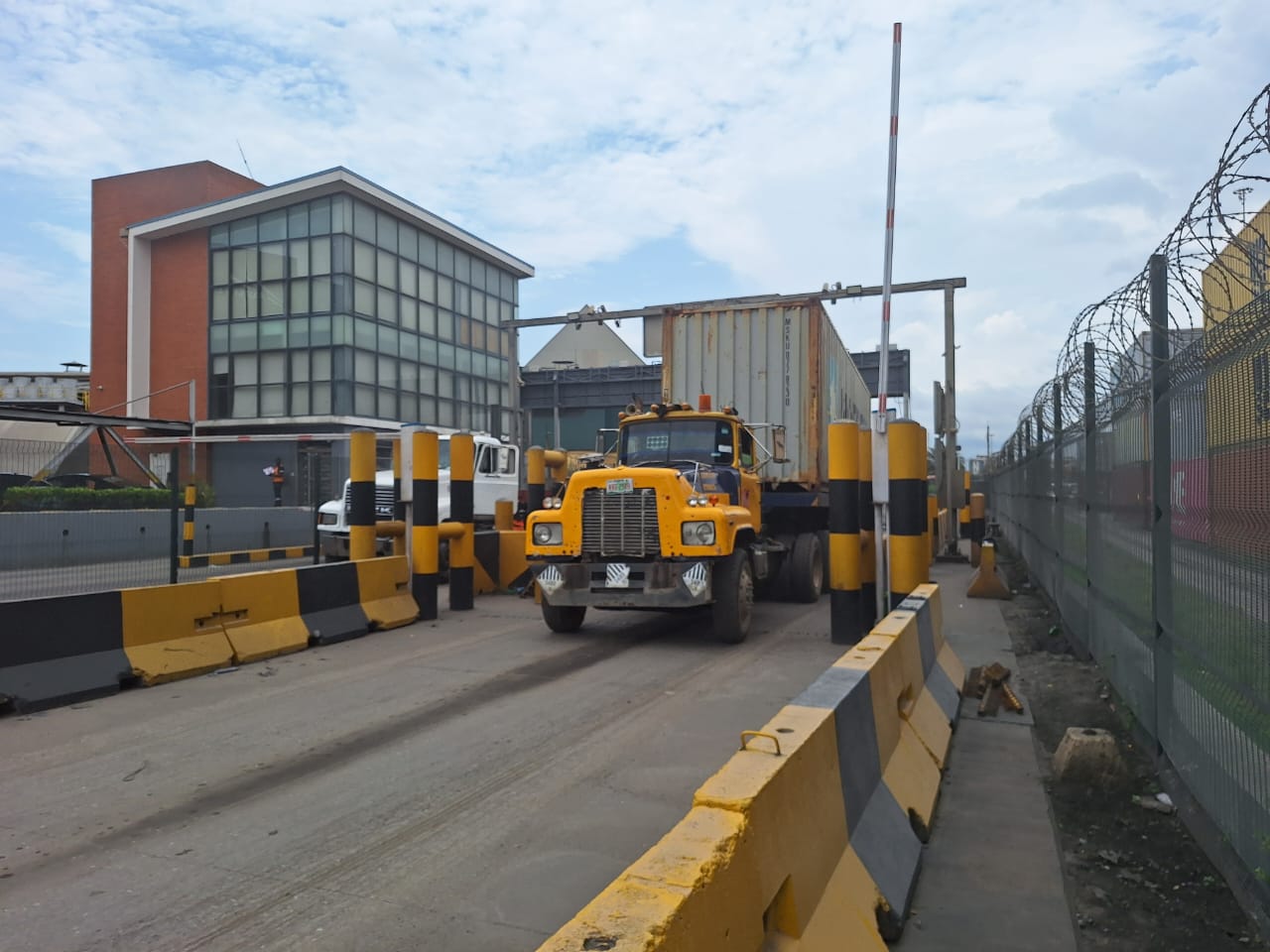
The current economic hardship in the country may deprive many retail investors in Nigeria the opportunity of participating in the ongoing bank recapitalisation exercise.
The Central Bank of Nigeria (CBN) recently announced that banks in the country must raise their capital base in a recapitalisation exercise that must be completed within two years starting from April 1, 2024, and terminating on March 31, 2026.
Under the new arrangement, the minimum capital base for commercial banks with international authorisation has been pegged at N500 billion from N50 billion, while that of commercial banks with national authorisation is now N200 billion, up from N25 billion and those with regional authorisation now put at N50 billion from N10 billion.
Again, the new minimum capital base for the merchant banks would be N50 billion, while the new requirements for non-interest banks with national and regional authorisations are N20 billion and N10 billion, respectively.
Afrinvest in its 2023 banking sector report published recently, said the banking industry in Nigeria would need N4.1 trillion (about $3 billion) to meet the new minimum capital requirements.
The banks are hoping to achieve that mostly through public offerings, rights issues, mergers, and acquisitions.
The CBN had explained that the decision for the recapitalisation is to enhance the sector’s capacity to support economic growth and withstand financial shocks. It is also one of the steps the country is taking towards attaining a $1 trillion economy by 2030.
But with the country facing one of its worst economic crises which has eroded the purchasing power of the average citizen, the banks may just depend on institutional and foreign investors to raise the new capital base.
The economists who spoke in separate interviews said given the way the economy is going, it may be difficult for many citizens to mobilise enough funds to key into the exercise.
The Lead Director, Centre for Social Justice (CSJ), Barr. Eze Onyekpere who agreed with the CBN that there’s the need for the banks to raise their capital base, said after the floatation of the naira, the share capital of Nigerian Banks has been seriously eroded in value, thus necessitating the recapitalization so that they can meet the demands of big-ticket transactions, be able to play at regional and international levels and improve their resilience to shocks and challenges.
“Two years seems to me to be enough time frame for the banks to recapitalize,” he said. “However, unlike the previous recapitalisation exercise under the Chukwuma Soludo led CBN, the economy is presently undergoing a rough patch of stagflation, with the macroeconomic fundamentals headed south.
“The implication is that this exercise may not promote popular capitalism where so many Nigerians will get involved in retail share owning.”
On whether the exercise will attract foreign investors, he said it is not clear because the faith in the Nigerian investment space seems to have diminished over the years. “With capital importation of $3.38 billion in the first quarter of 2024 and foreign portfolio investment in the Nigerian Stock Exchange valued at less than $75 million, the coast seems a bit fussy,” he said.
Professor Godwin Oyedokun of Lead City University, Ibadan said while the bank recapitalisation exercise is necessary to strengthen the banking sector, it also presents a significant challenge in the current economic climate.
He said the given timeframe of March 31, 2026, might seem ample, but considering the economic headwinds, banks will need to be strategic in their capital raising efforts.
According to him, “An economic downturn typically reduces profitability, making it difficult for banks to generate organic capital. Moreover, investors might be more cautious in injecting funds into the sector due to overall economic uncertainty.”
He said several factors could pose challenges to banks in meeting the new capital base.
“A prolonged economic downturn can lead to increased loan defaults and provisions, eroding capital buffers,” he said.
“Again, high inflation as we now have, erodes the value of assets and income, making it difficult for banks to maintain capital adequacy ratios. We also have fluctuations in the exchange rate that can impact the value of foreign currency assets and liabilities, affecting capital adequacy.
“Banks might face challenges in raising capital through equity or debt instruments due to market conditions. And again, compliance with new regulations and supervisory requirements can divert resources away from capital-building activities.”
Prof Oyedokun said while the recapitalisation exercise is crucial for the stability of the banking sector, it is essential to consider the economic context. “Banks will need to adopt a proactive approach, exploring various capital-raising options, and managing their risk profiles effectively to meet the new capital requirements,” he said.
He said it is crucial to note that the success of the recapitalisation exercise will depend on the overall economic recovery and the ability of banks to adapt to the changing environment.





